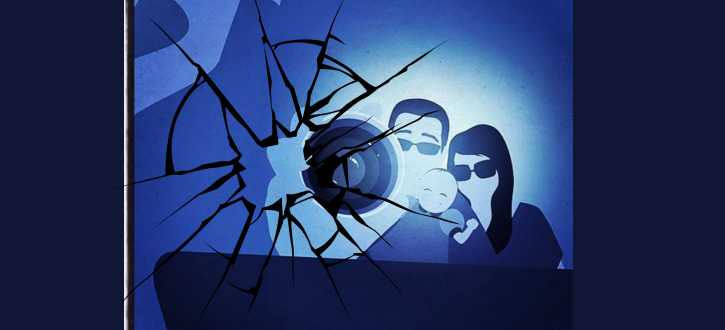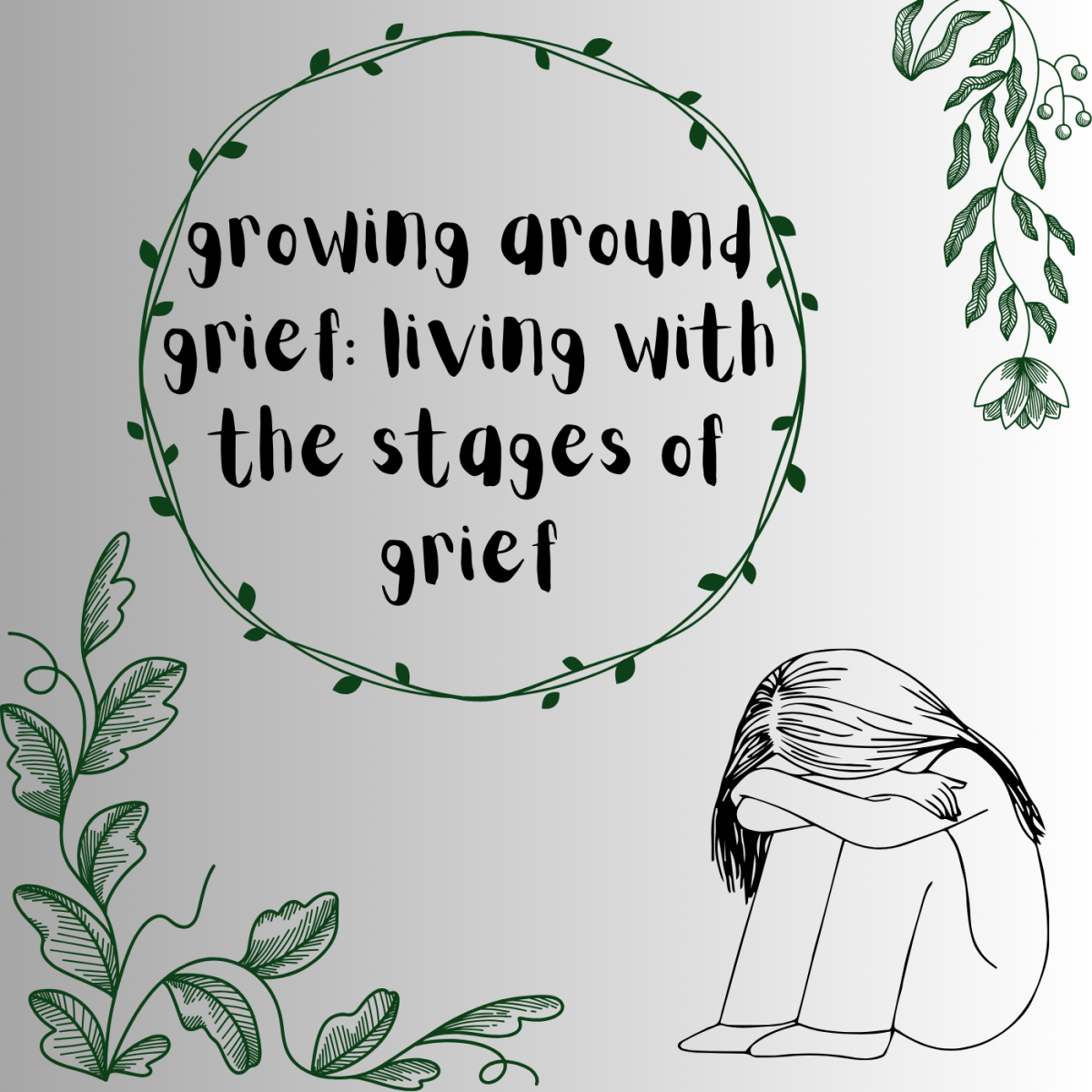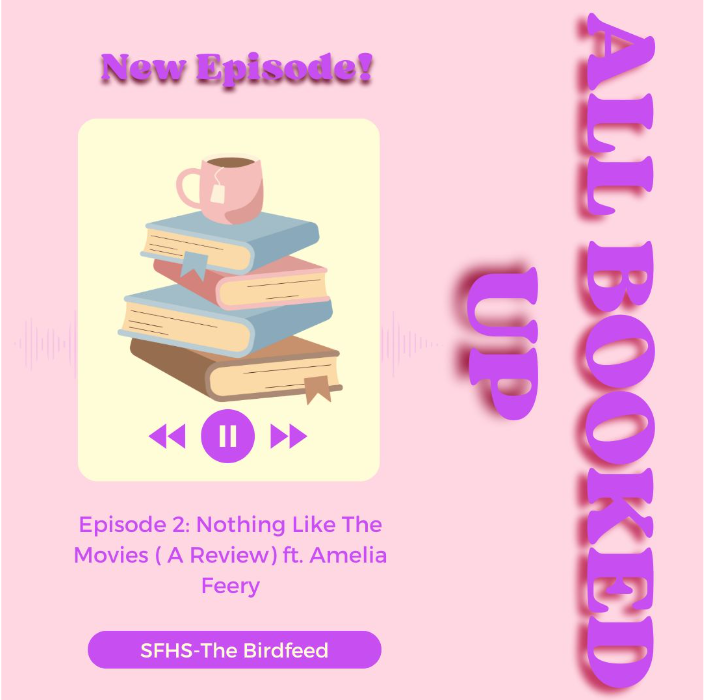This story contains mention of child abuse. If you or someone you know is being endangered by their guardian, anonymous reports may be made 24/7 by calling Georgia’s Division of Family and Children Services at 1-855-GACHILD / 1-855-422-4453.
In a dramatic (but not surprising) turn of events, Ruby Franke, the face behind the infamous family vlogging YouTube channel “8 Passengers,” recently plead guilty to child abuse charges.
Franke’s recent charges stem from an incident in which her malnourished 12-year-old son escaped her home after being forcibly detained as a “punishment.”
This distressing incident has ignited a whirlpool of discussions and media coverage surrounding the world of family vlogging. For years, Ruby and Kevin Franke shared personal details of their family life, including other instances of depriving their children of necessities and invading their privacy.
This raises a profound question: Is family vlogging even ethical?
Let’s dive into this debate by taking a closer look at three well-known family vlogging channels, including “8 Passengers,” to make a solid argument for why YouTube should consider banning this genre of content while looking into other potential concerns about children’s privacy on social media and its effects on their psychological development.
“The Labrant Family”
Savannah and Cole LeBrant founded the LeBrant Family Channel in the early 2010s, which currently has 13 million subscribers on YouTube.
Although initially a platform for sharing the everyday aspects of their lives, the couple brought prior social media experience to their venture, with Cole gaining popularity on Vine in 2013 and Savannah amassing fame through Music.ly, often collaborating with her daughter, Everleigh.
However, controversy has marked the family’s path to online stardom. They faced backlash for using clickbait content, including a notable instance where they misleadingly portrayed issues with Everleigh’s health, inaccurately suggesting she had cancer. In reality, the health scare concerned their youngest daughter, Rosemary, who thankfully did not have cancer.
More recently, their political activism has drawn criticism for depending on questionable health professionals and controversial statements regarding the hot-button topic of abortion.
The Labrant Family highlights the importance of ethical responsibility while wielding such a big online platform. Critics argue they exploit their kids for content and profit from the kids’ distress since those types of videos get more views.
For example, their second most popular video, with 51 million views, shows their daughter’s distressed reaction to being stuck on a waterpark ride.
“The Norris Nuts”
Within popular vlogging channels, the Norris Nuts, an Australian family, have gained prominence through their mix of vlogs and YouTube challenges. They currently boast 7.09 million subscribers.
However, allegations of questionable parenting and the exploitation of their children for content tarnish this success.
Like many family vloggers, they sensationalize injuries and reveal personal details about their kids. Furthermore, they capitalize on their children’s injuries and distress, showing intimate moments their kids may not want the world to see when they are older.
Ultimately, these children don’t have a say on whether or not they want these moments to be on the internet eternally for millions of people to see.
Another significant controversy emerged when the family purchased a dog from a puppy mill, widely condemned for its unethical treatment of animals. Tragically, the dog passed away shortly after Justin, one of the parents running the channel, stepped on it while moving furniture; this was mentioned on a now-deleted Instagram post.
This pattern of exploiting their children’s pain and embarrassment for YouTube views raises serious ethical concerns, shedding light on yet another troubling trend in family vlogging.
“8 Passengers”
The case that inspired this article was the 8 Passengers Channel, which was run by a family from Utah consisting of Ruby and Kevin Franke and their six children.
Ruby was recently involved with a cult called Connexions, run by Jodi Hildebrant, and recently, she was charged with child abuse. Before all of this, there were already various problems with the family.
Ruby has openly talked about disciplining her children; one of the most notable mentions that sparked concern among viewers was when their second oldest child, Chad, had his bed taken away for almost a year. The reasoning was that Chad pulled a prank on the second youngest, Russell, lying to him about going to Disney World.
They also sent Chad to a “wilderness camp for troubled teens,” which has been known to have many problems regarding the treatment of the teens, and even had kids die under their care.
The fact that the Frankes’ oldest daughter, Shari, has quit YouTube and most of her other social media and that she is no longer in contact with her parents shows how family vlogging has changed her relationship with her parents and her relationship with social media in a negative way.
Stormy Wilson, a Junior at South, expressed her belief that the only natural conclusion of family vlogging is the creation of a rift between parent and child.
“I think that parents whose kids are growing up in an environment where a camera is constantly invading their personal life is affecting their mindsets on boundaries and behaviors, yet also creating a rift between the typical parent-child relationship,” Wilson said.
“The Aftermath”
The concept of family vlogging is ethically questionable at best and psychologically damaging at worst, regarding its effects on the cognitive development of the kids and the impacts on their social life outside of YouTube.
We have yet to see any full psychological studies on the impact of family vlogging on the children involved. As this generation grows to adulthood, they may see all of the pictures their parents have posted on social media, such as on Facebook, where they can also be easily located by anyone with prying eyes and the ability to use a search bar.
Megan Mendez, South’s AP Psych teacher and a mother herself, voiced concerns about the effects of constantly filming and photographing young children who have no other context for the experience.
“I do think like all social media, [family vlogging] often portrays a picture-perfect version of what life is supposed to look like,” Mendez said. “I think especially if [content creation] starts at such a young age, and that’s all [kids] know, I think that they then get a false sense of reality about cameras being in their faces and that nothing feels private to them.”
There are currently no laws or YouTube guidelines against using children for monetized content. YouTube itself didn’t take the 8 Passengers channel down until Ruby was arrested, despite the fact that they’ve been making problematic content for years.
In the wake of Franke’s arrest, channels like the Norris Nuts and the LaBrant family still have very big platforms despite displaying similar problematic behavior. Many YouTube commentators, psychologists, and others have expressed concern for this content, yet YouTube doesn’t seem to address it.
If YouTube isn’t going to regulate itself, governmental regulations should be created to protect kids’ privacy, and to prevent YouTube from monetizing this exploitive content.
Given the ethical and moral questions surrounding family vlogging, I hope in the future we can see this kind of content banned from the platform altogether to protect the children who currently have no advocates outside of their fame-seeking parents.
“I think it can certainly be harmful for anybody in the spotlight like that,” Mendez said.










